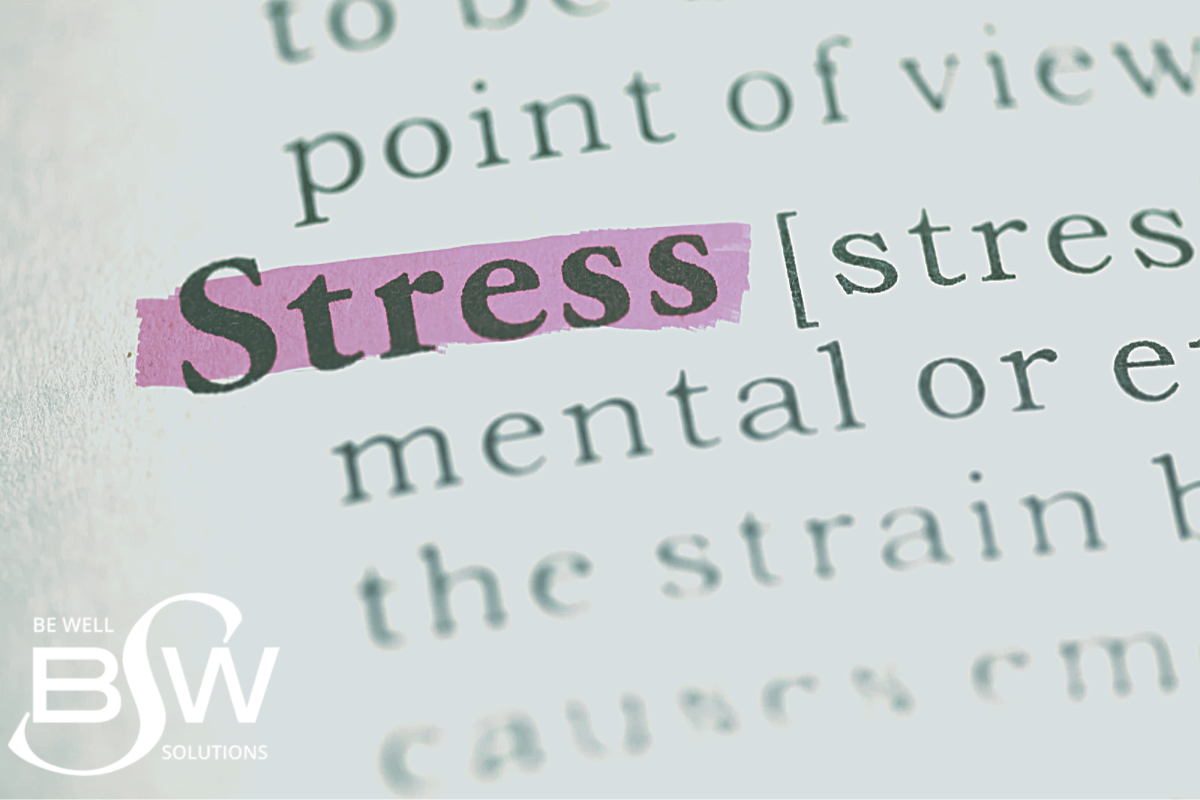
Stress. We all face some form of it almost every single day. It can feel like a frustrating or annoying part of life, but did you know that it can affect us mentally and physically? Stress impacts all systems of the body, including our musculoskeletal, respiratory, nervous, reproductive, digestive, immune, and cardiovascular systems. Learning how stress can affect our entire body can help us choose better ways to manage it.
How Stress Affects the Body
Musculoskeletal System. Stress causes muscles to tighten. Over time this can lead to muscle pain and body aches. Chronic tension can be a trigger for headaches and migraines.
Respiratory System. Stressful situations can cause rapid breathing. These quick breaths can leave you feeling short of breath and may trigger panic attacks.
Nervous System. The nervous system triggers the release of stress hormones like adrenaline and cortisol, which raise heart rate and blood pressure, contract muscles, and slow digestion. This is necessary during times of emergency. However, prolonged stress keeps these hormone levels elevated and continuously signals other body systems to respond.
Reproductive System. Chronic stress can impact sexual desire as well as fertility in both men and women. For men, it can be a culprit of erectile dysfunction, and for women, it can interfere with menstrual cycles and enhance menopause symptoms.
Digestive System. When our body is under stress, it produces extra glucose (blood sugar) for more energy. This may be useful in emergencies, but over time, excess glucose increases the risk of developing type 2 diabetes. Continuously elevated cortisol levels can also trigger heartburn, interfere with digestion, and worsen bowel disorders.
Immune System. Prolonged stress can weaken the immune system, increasing the risk for viral illnesses and infections. Stress can also prolong recovery time from injuries and sicknesses.
Cardiovascular System. Acute stress initializes the body’s flight or fight response, which is necessary. However, chronic stress can keep heart rate and blood pressure levels elevated and increases the risk for heart attacks and stroke.
Mental Health. Stress can impact mental health by inducing feelings of irritability, anxiety, and depression. It can also have an impact on sleep and memory.
As you can see, stress that isn’t well managed can affect every area of the body. While we can’t always control the situations that occur or the stress that comes our way, we can choose how we react and respond to stress. Managing it more healthily is a big part of encouraging our body’s response system to return to normal.
When To Ask for Help
If you’re noticing changes in how you’re feeling, mentally or physically, that are not going away or worsening, you should talk with your doctor right away. Figuring out the best way to manage stress doesn’t always come naturally. It can take work, practice, and sometimes even help from a professional. Talk with your doctor or a licensed therapist if you need a little extra support in finding a game plan specifically for you.
Resources: American Psychological Association, Healthline, and EXCLI Journal
Written by BWS Lead Health Coach- Kelly Schlather, BS, ASCM – CEP
Continue reading April 2022 Newsletter: Stress Eating
